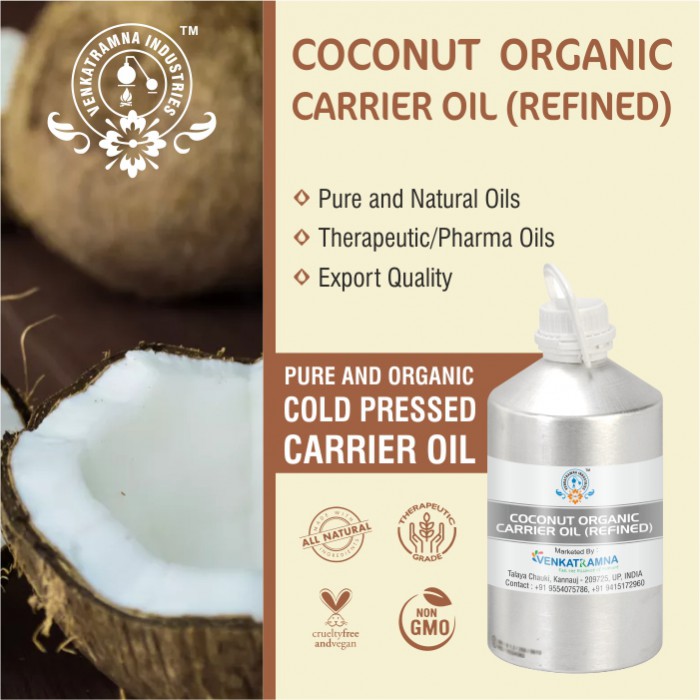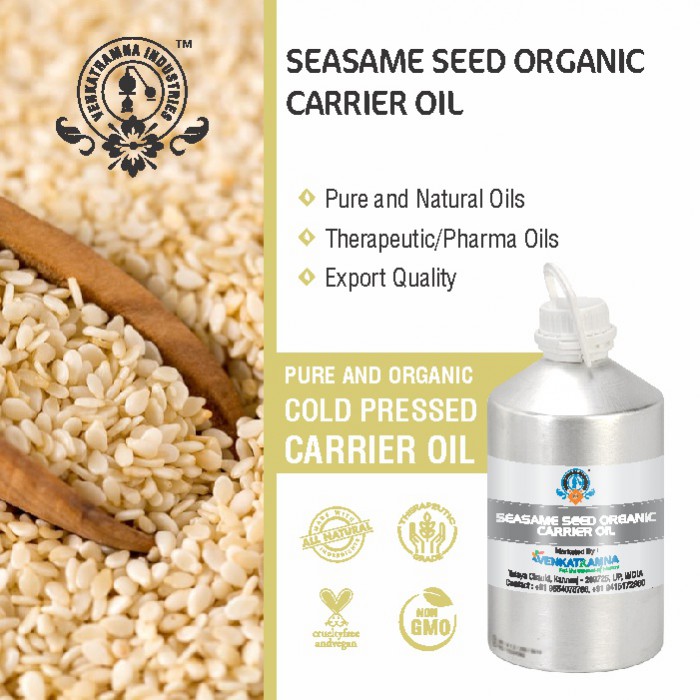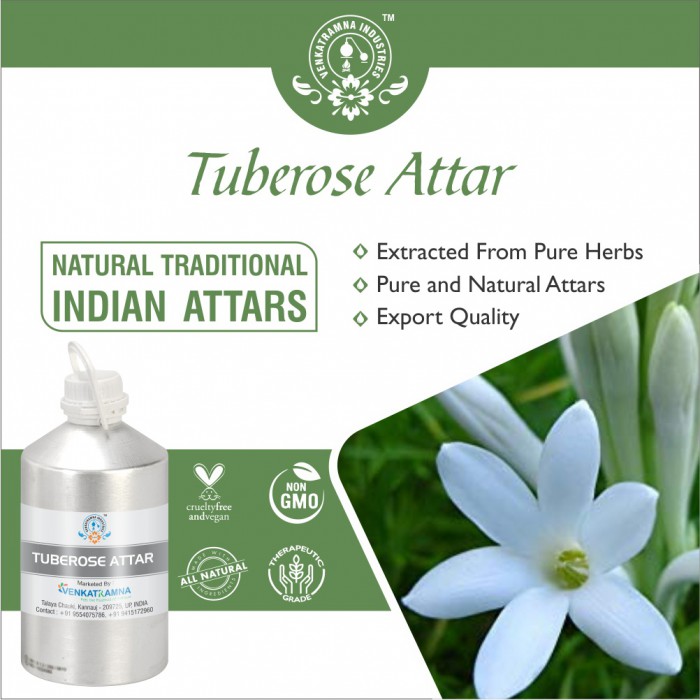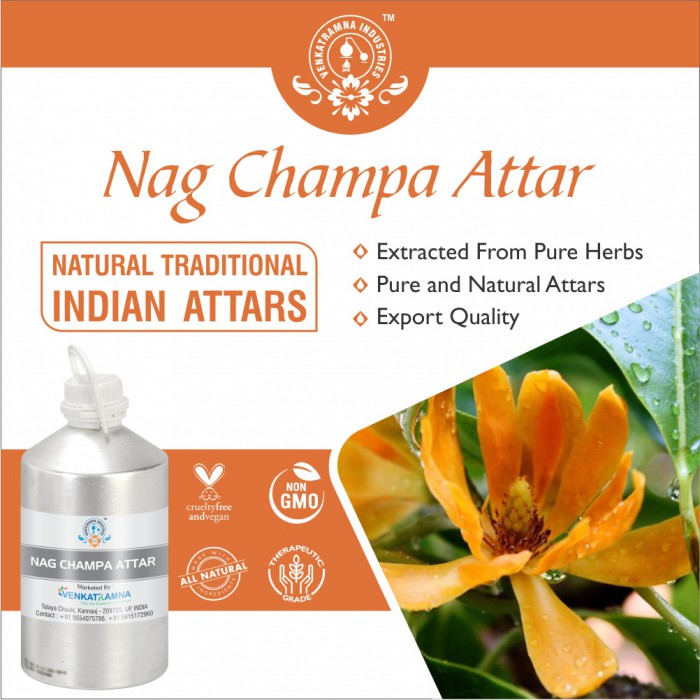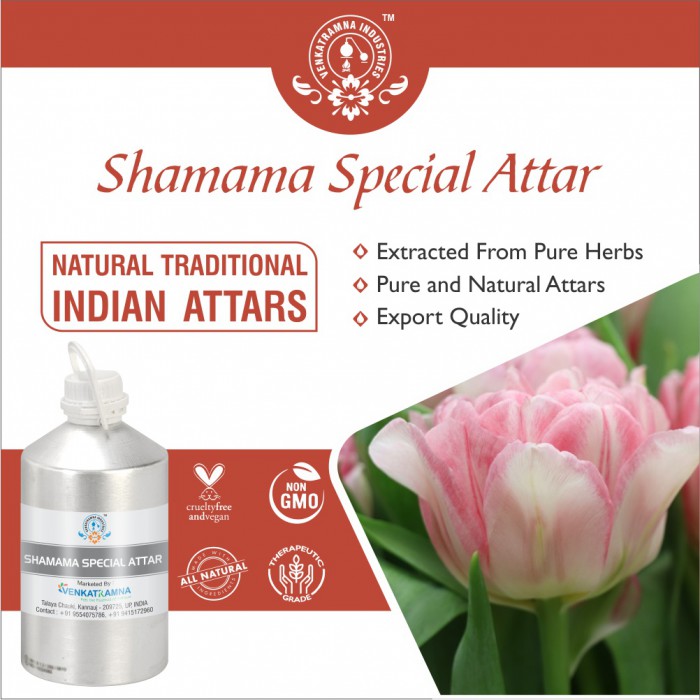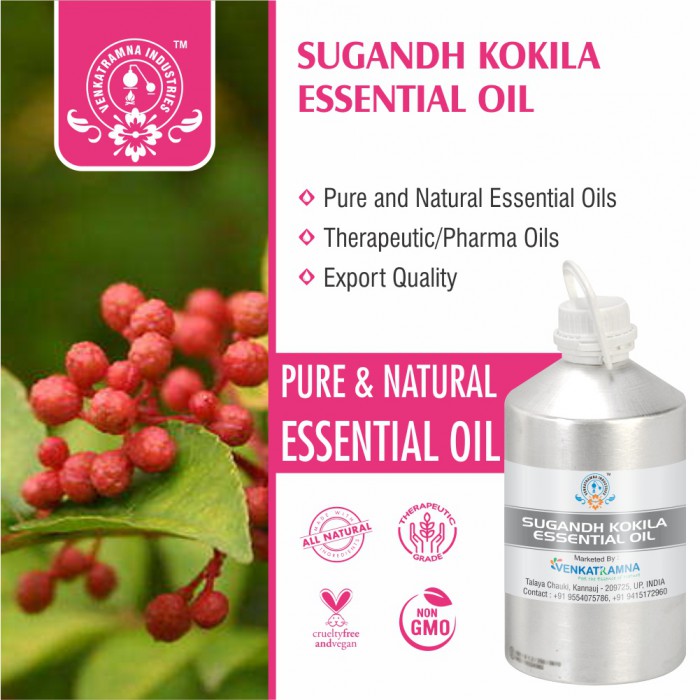Botanical Name: Melaleuca quinquenervia Common name: Paper bark tea tree Read More
|
Botanical Name: |
Melaleuca
quinquenervia |
|
Common name: |
Paper
bark tea tree |
|
Plant
family: |
Myrtaceae |
|
Genus: |
Melaleuca |
|
Appearance/Color: |
Clear Pale-yellow liquid with light consistency |
|
Odor: |
It has
sweet, fresh, camphoraceous smell with medium aroma at a middle note. |
|
Blends With: |
Basil, Cajeput, Eucalyptus, Fennel, Juniper, Lavender, Lemon,
Lime, Myrtle, Orange, Pine, Rosemary, Peppermint, Tea Tree and Thyme. |
|
Origin: |
Australia |
|
Source: |
Leaves and Twigs |
|
Method
of Extraction: |
Steam
Distillation |
Niaouli is a large evergreen tree having a
botanical name of Melaleuca viridiflora and it is originally found in
Australia and a few neighboring areas. It grows in seasonally inundated plains
and swamps, along estuary margins and is often the dominant species.
In Australia, Melaleuca quinquenervia occurs along the east coast, from Cape York in Queensland to Botany Bay in New South Wales. In the Sydney region it grows alongside trees such as swamp mahogany and bangalay. It grows in silty or swampy soil and plants have grown in acid soil of pH as low as 2.5 m.
DISCLAIMER
The complete range of conditions
or methods of use are beyond our control therefore we do not assume any
responsibility and expressly disclaim any liability for any use of this
product. Information contained herein is believed to be true and accurate however,
all statements or suggestions are made without warranty, expressed or implied,
regarding accuracy of the information, the hazards connected with the use of
the material or the results to be obtained from the use thereof. Compliance
with all applicable federal, state, and local laws and local regulations
remains the responsibility of the user.
The FDA has not evaluated the
statements on this website. No claims are made by Venkatramna Industries as to
the medicinal value of any products from vriaroma.com or by us. The information
presented here is for educating our customers about the traditional uses of
essential oils and is not intended to diagnose, treat, cure, or prevent any
disease. You are responsible for understanding the safe application of these products.
If you have any questions, please call or email us for further information.
As per NAHA guidelines, New Directions Aromatics
(NDA) does not recommend the ingestion of essential oils. It is imperative to
consult a medical practitioner before using Essential Oils for therapeutic
purposes. Pregnant and nursing women and those taking prescription drugs are
especially advised not to use this product without the medical advice of a
physician. The oil should always be stored in an area that is inaccessible to
children, especially those under the age of 7.
Since the pre-historic period, Niaouli is well known for its
medicinal properties and is a valuable additive to toothpastes, gargles, mouth
sprays and cough drops. It was used as a respiratory aid in the folklore medicine and
the indigenous people used the fresh Niaouli leaves for wrapping the affected
parts of their body. In the Middle East, Niaouli was used to prepare herbal tea
for supporting healthy bowels.
Niaouli is well known
for its infection fighting properties. It helps to lower body temperature
during fever by fighting the infection and promoting sweat. This also helps to
detoxify the blood to some extent thereby promoting faster relief from the
fever. It is popularly known to be used to
keep away from malaria since ancient period.
Niaouli essential oil is a
naturally stimulant and is pleasant complement for massages or diffuser blends.
It helps to dispel mental fatigue and
invigorates the mind. By balancing emotions, strengthening the will and determination
it is an efficient sleeping aid. It stimulates blood circulation which is also
necessary for a more youthful appearance.
The analgesic properties in niaouli essential
oil helps to reduce pain by inducing numbness in the nerves and desensitizing
the area treated. Its massage has pain relieving effects.
Niaouli essential oil is
considered a top note in aromatherapy and is effective immunostimulant
essential oil that increases antibody and white blood cell count making it
ideal for boosting immune system.
Niaouli essential oil is an exceptional
cleansing agent and it helps to reduce oiliness, acne and outbreaks of
blemishes. As an astringent, it is effective for toning and tightening skin.
Niaouli stimulates new cell growth promoting regeneration of damaged tissue.
This makes it an excellent treatment for scars.
Niaouli essential oil relieves the pain of
sunburn when combined with lavender for its anti-inflammatory properties.
Cancer patients shield their skin against burns from radiation treatment with a
preparation that includes niaouli.
Antiseptic, anti-fungal antibacterial and
antiviral, niaouli helps to reduce the duration of colds and flu while offering
relief from sore throats, stuffy and runny noses and coughs. Inhaling niaouli
oil in a steam bath can quickly open sinus passages to improve congested
breathing.
COMMON
USAGE
·
Analgesic
·
Antirheumatic
·
Antiseptic
·
Anti-bacterial
·
Cicatrisant
·
Decongestant
·
Expectorant
·
Febrifuge
·
Insecticide
·
Stimulant
·
Vermifuge
·
Vulnerary
Ingredients:
|
S.No |
Key Constituents |
Strength (%) |
|
1 |
1,8-Cineole |
55.0–65.0 |
|
2 |
a-Pinene |
7.0–12.0 |
|
3 |
(þ)-Limonene |
6.0–12.0 |
|
4 |
a-Terpineol |
4.0–10.0 |
|
5 |
b-Pinene |
1.5–4.5 |
|
6 |
Viridiflorol |
1.0–3.5 |
|
7 |
b-Caryophyllene tr |
2.0 |
|
8 |
b-Myrcene tr |
2.0 |
Safety Summary
·
Hazards:
Essential oils high in 1, 8-cineole can cause CNS and breathing problems in
young children.
·
Cautions: Do
not apply to or near the face of infants or children
Organ
Specific Effects
·
Adverse skin reaction: No information found. 1,8-Cineole is not a
high-risk skin irritant or allergen.
·
Reproductive toxicity: Nerolina oil was both maternally toxic and
feto toxic when injected ip to pregnant rats for 18 days at 1,350 mg/kg/day.
Signs of maternal toxicity included low relative weight, higher mortality, and
increased weight of both liver and kidneys.
Signs of feto toxicity included low number of surviving fetuses, high rate of
fetal resorption, low birth weight and low placental weight. Since the dose
used is equivalent to injecting 94.5 g of essential oil into the abdomen of a
pregnant woman every day for 18 days, this information has no bearing on the
real world use of essential oils. The low reproductive toxicity of eucalyptus
oil, a-pinene and (þ)-limonene suggests that niaouli oil cineole CT is not
hazardous in pregnancy
Systemic
Effects
·
Acute
Toxicity: No information
found. 1, 8-Cineole has been reported to cause serious poisoning in young children
when accidentally instilled into the nose.
·
Carcinogenic/anti carcinogenic potential: No information was found for Nerolina oil
(cineole CT). It contains no known carcinogens.
·
Ecotoxicity: toxic to aquatic life with long lasting
effects
·
Bioaccumulation: No data available
·
Mobility in soil: No data available
·
Persistence and degradability: No data available
·
PBT and vPvB assessment: No data available
·
Avoid direct exposure into water streams and
ground water sources.


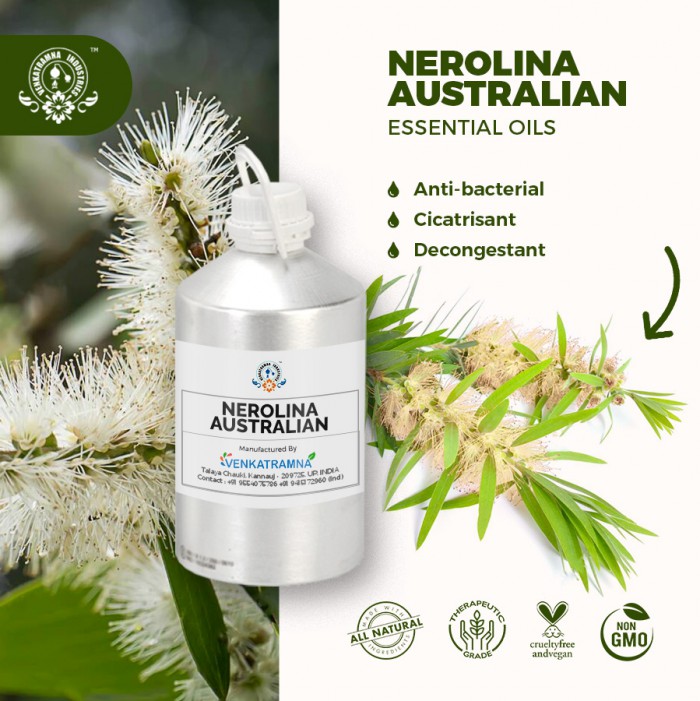
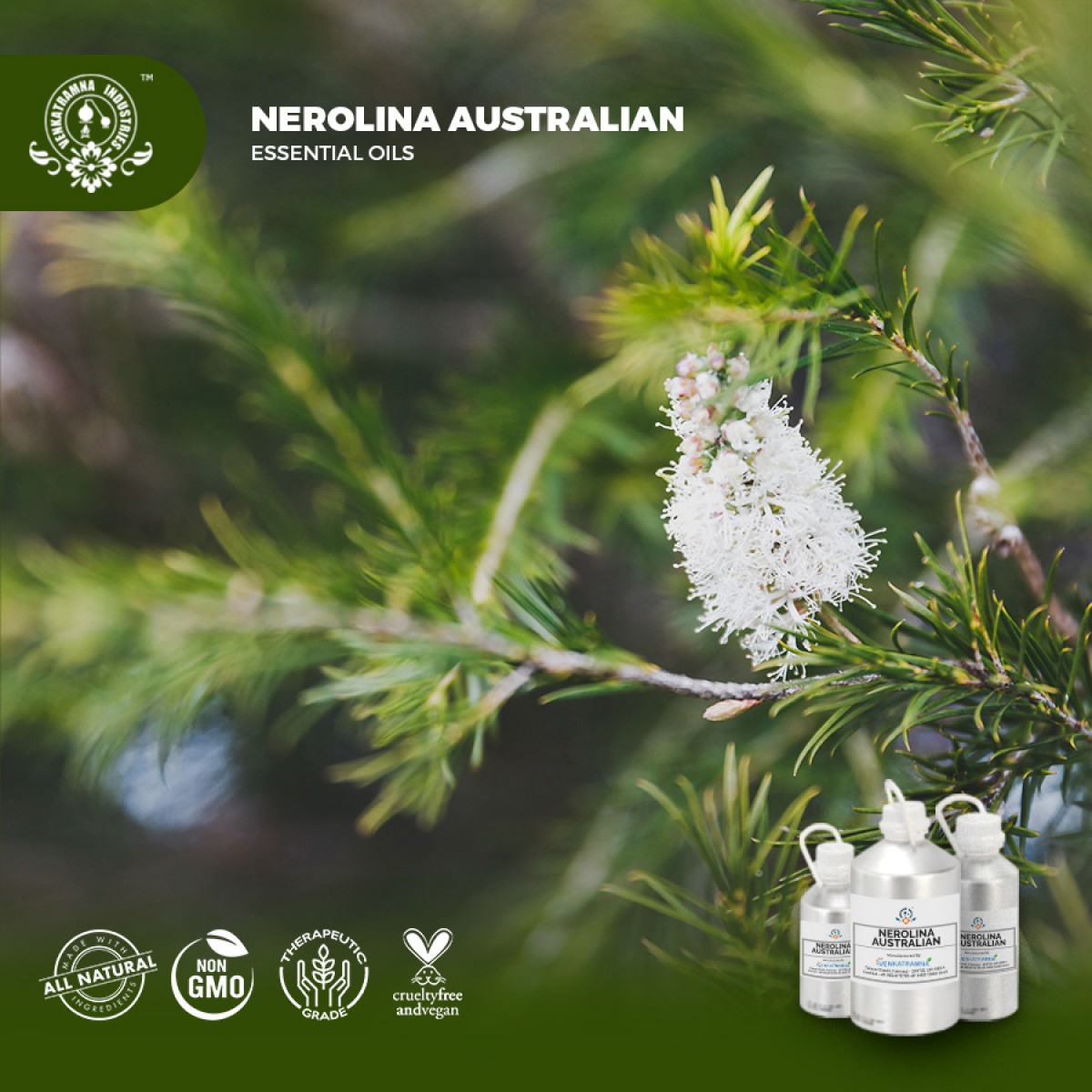
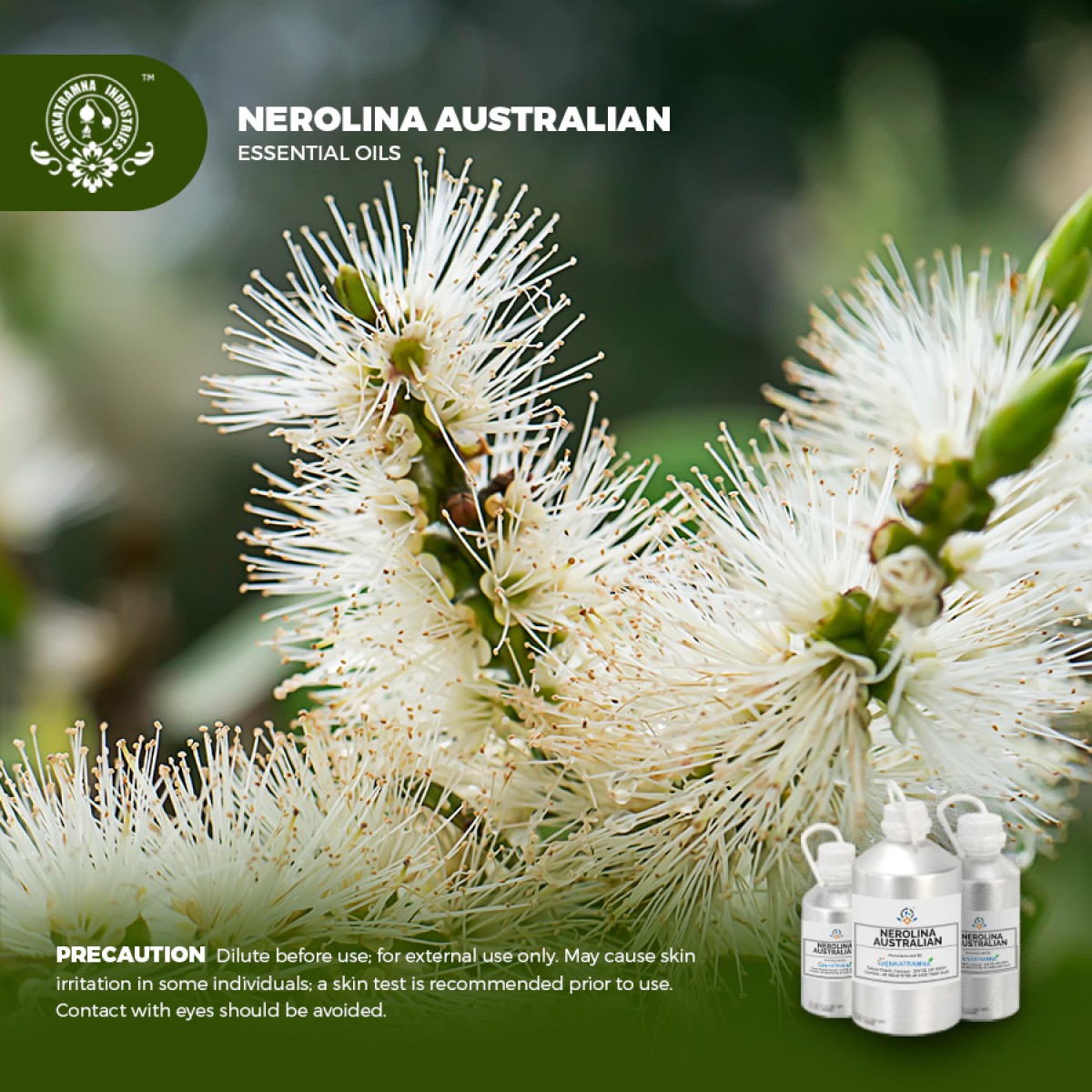
 MSDS-Nerolina.pdf
MSDS-Nerolina.pdf